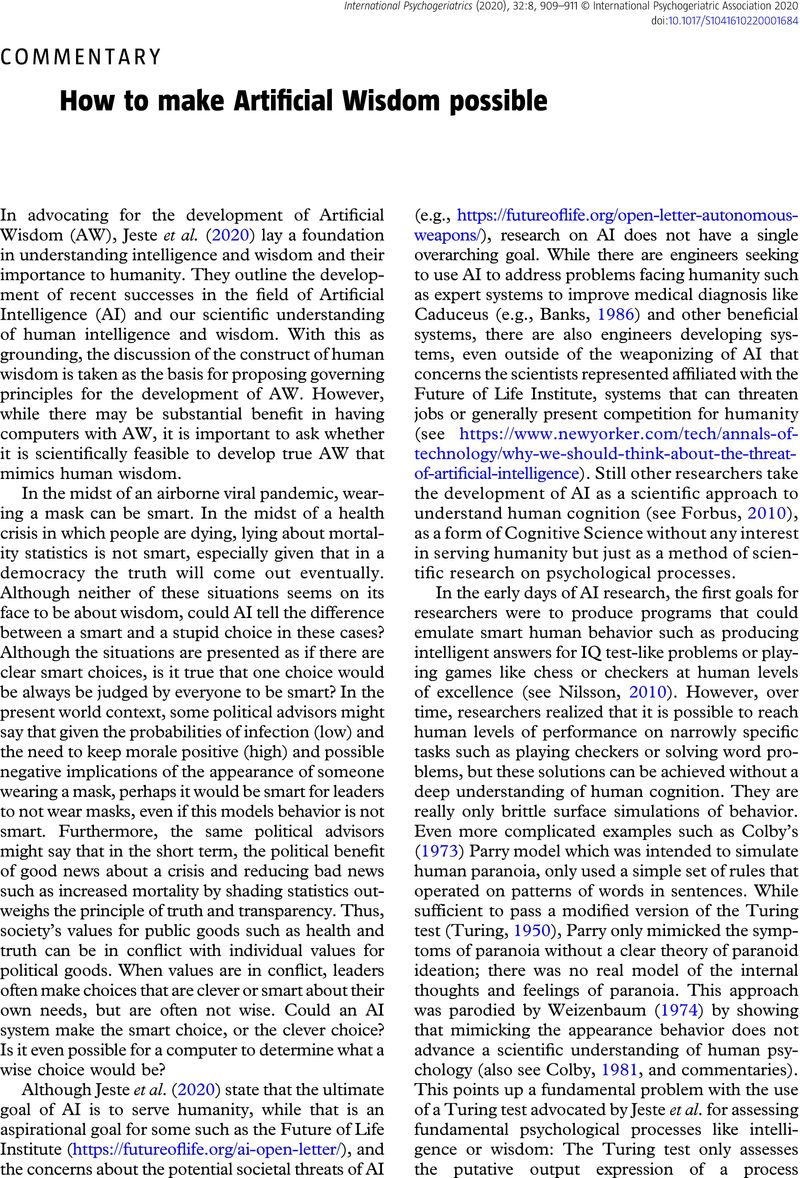Crossref Citations
This article has been cited by the following publications. This list is generated based on data provided by Crossref.
Lee, John
Cameron, Ian
and
Hassall, Maureen
2022.
Information needs and challenges in future process safety.
Digital Chemical Engineering,
Vol. 3,
Issue. ,
p.
100017.
Zhang, Kaili
Shi, Juan
Wang, Fengyan
and
Ferrari, Michel
2023.
Wisdom: Meaning, structure, types, arguments, and future concerns.
Current Psychology,
Vol. 42,
Issue. 18,
p.
15030.



